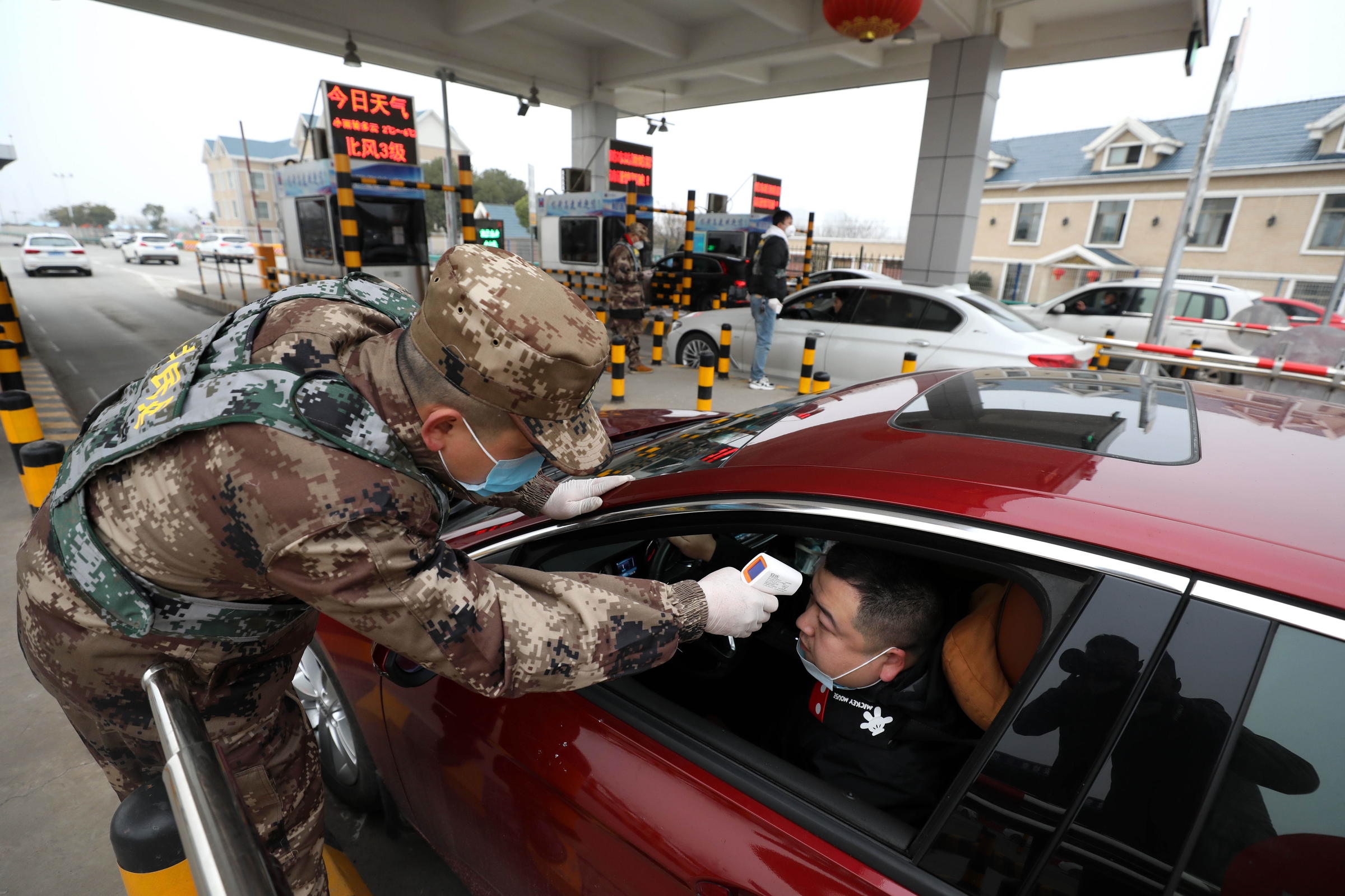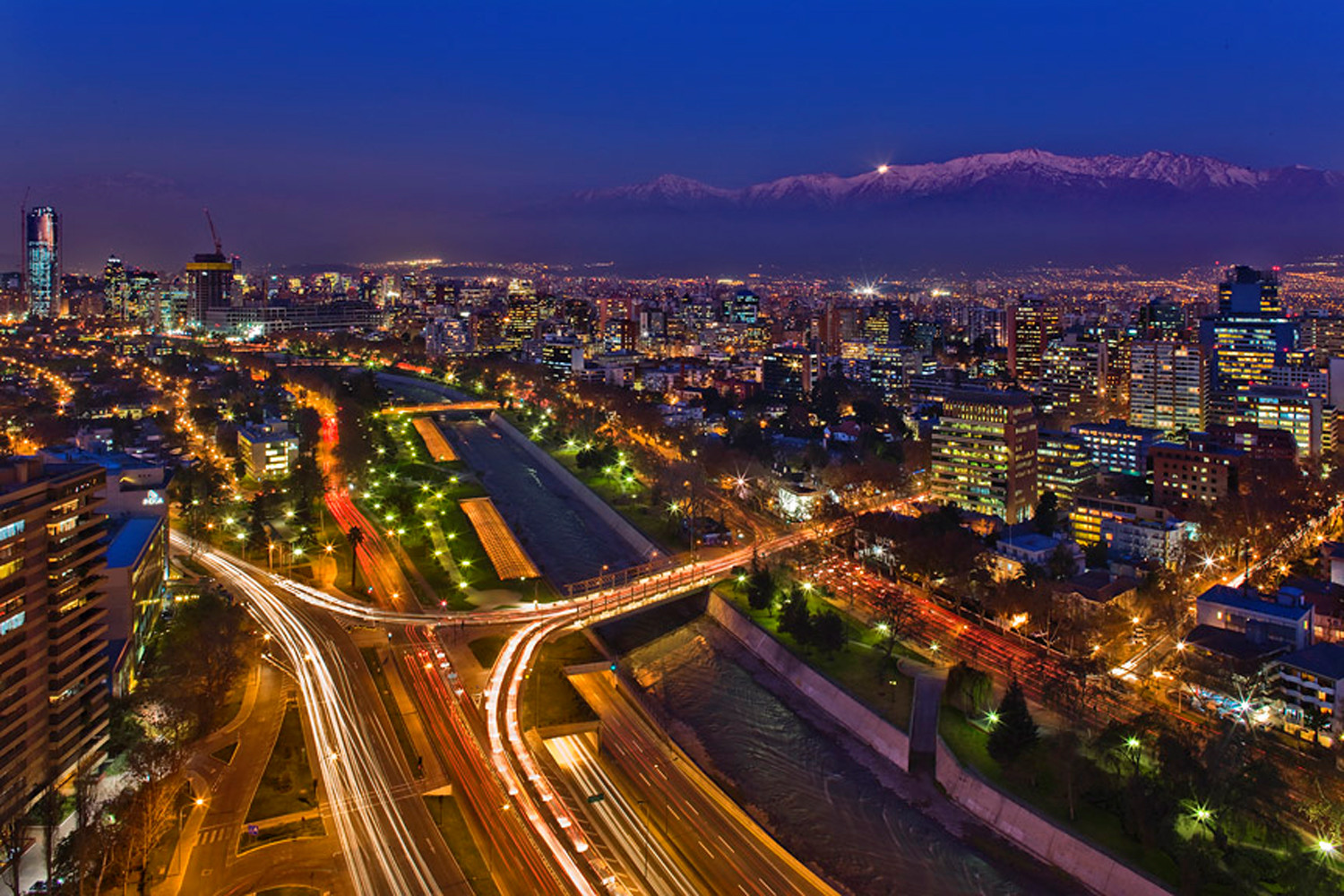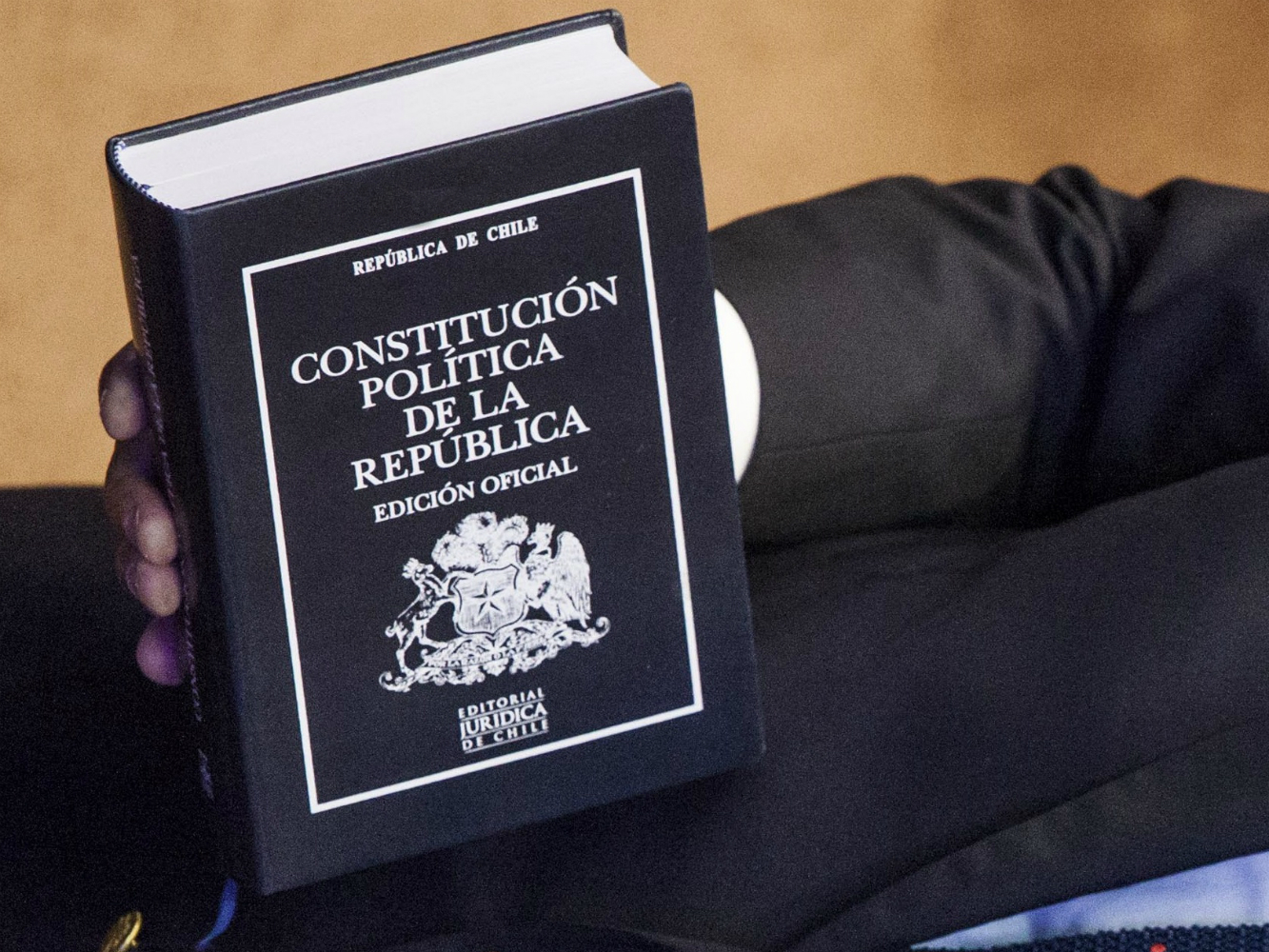What is a coronavirus?
Coronaviruses are an extensive family of viruses that can cause disease in both animals and humans. In humans, several coronaviruses are known to cause respiratory infections that can range from the common cold to more serious diseases such as the Middle East respiratory syndrome (MERS) and severe acute respiratory syndrome (SARS). The most recently discovered coronavirus causes COVID-19 coronavirus disease.
What is COVID-19?
COVID-19 is the infectious disease caused by the most recently discovered coronavirus. Both the new virus and the disease were unknown before the outbreak broke out in Wuhan (China) in December 2019.
What are the symptoms of COVID-19?
The most common symptoms of COVID-19 are fever, tiredness and dry cough. Some patients may have pains, nasal congestion, rhinorrhea, sore throat or diarrhea. These symptoms are usually mild and appear gradually. Some people become infected but do not develop any symptoms and are not feeling bad. Most people (about 80%) recover from the disease without the need for any special treatment. About 1 in 6 people who get COVID-19 develop a serious illness and have trouble breathing. Older people and those with underlying medical conditions, such as high blood pressure, heart problems or diabetes, are more likely to develop a serious illness. Around 2% of people who have contracted the disease have died. People who have a fever, cough and shortness of breath should seek medical attention.
Link to:
Coronavirus Live Map
How is COVID-19 spread?
A person can get COVID-19 by contact with another who is infected by the virus. The disease can spread from person to person through the droplets from the nose or mouth that are dismissed when an infected person coughs or exhales. These droplets fall on the objects and surfaces surrounding the person, so that other people can contract COVID-19 if they touch these objects or surfaces and then touch their eyes, nose or mouth. They can also be spread if they inhale the droplets that a person with COVID-19 has spread while coughing or exhaling. That is why it is important to stay more than 1 meter (3 feet) away from a person who is sick.
Can the virus that causes COVID-19 be transmitted through the air?
Studies conducted to date suggest that the virus that causes COVID-19 is transmitted mainly by contact with respiratory droplets, rather than by air.
Is it possible to get COVID-19 from contact with the feces of a person suffering from the disease?
The risk of contracting COVID-19 by contact with the feces of an infected person appears to be low. Although initial investigations suggest that the virus may be present in some cases in feces, the spread by this route is not one of the characteristic features of the outbreak.
What can I do to protect myself and prevent the spread of the disease?
Take care of your health and protect others through the following measures:
Wash your hands thoroughly and often using an alcohol-based disinfectant or soap and water.
Why? Washing your hands with soap and water or using an alcohol-based disinfectant kills viruses that may be in your hands.
Keep a minimum distance of 1 meter (3 feet) between you and anyone who coughs or sneezes.
Why? When someone coughs or sneezes, he drops liquid droplets that may contain the virus through his nose or mouth. If you are too close, you can breathe the droplets and with them the COVID-19 virus, if the person who coughs has the disease.
Avoid touching your eyes, nose and mouth
Why? Hands touch many surfaces and can pick up viruses. Once contaminated, hands can transfer the virus to the eyes, nose or mouth. From there, the virus can enter your body and cause the disease.
Both you and the people around you should make sure you maintain good airway hygiene. That means covering your mouth and nose with your elbow bent or with a tissue when you cough or sneeze. The used handkerchief should be discarded immediately.
Why? Viruses spread through droplets. By maintaining good respiratory hygiene, you are protecting people around you from viruses such as cold, flu and COVID-19.
Stay home if you are not well. If you have a fever, cough and shortness of breath, seek medical attention and call ahead. Follow the instructions of the local health authorities.
Why? National and local authorities will have the most up-to-date information on the situation in their area. Calling in advance will allow your health care provider to direct you quickly to the appropriate health center. This will also protect you and help prevent the spread of viruses and other infections.
Stay informed about the latest developments in relation to COVID-19. Follow the advice of your health care provider, relevant national and local health authorities or your employer on how to protect yourself and others before COVID-19.
Why? National and local authorities will have the most up-to-date information about whether COVID-19 is spreading in their area. They are the most appropriate interlocutors to give advice on what people in your area should do to protect themselves.
What are the chances of getting COVID-19?
The risk depends on where you live or the places you have recently traveled. The risk of infection is higher in areas where there are cases diagnosed with COVID-19. Currently, 95% of COVID-19 cases are concentrated in China, and most of them in Hubei province. For people who are in almost any other part of the world, the risk of contracting COVID-19 is currently low, although it is important that you follow the evolution of the situation and the preparation efforts that are carried out in your zone.
Should I worry about COVID-19?
If you are not in an area where COVID-19 is spreading, you have not traveled from any of these areas or been in close contact with someone who has done it and feels bad, your chances of getting it are currently low.
Who is at risk of developing a serious illness?
We still have a lot to learn about how COVID-2019 affects humans, but it seems that older people and those with pre-existing medical conditions (such as high blood pressure, heart disease or diabetes) develop severe cases of the disease with more frequency than others.
Are antibiotics effective in preventing or treating COVID-19?
No. Antibiotics are not effective against viruses, only against bacterial infections. COVID-19 is caused by a virus, so antibiotics do not work against it. Antibiotics should not be used as a means of prevention or treatment of COVID-19. They should only be used to treat a bacterial infection following the instructions of a doctor.
Is there a vaccine, medication or treatment for COVID-19?
Not yet. To date, there is no specific vaccine or antiviral drug to prevent or treat COVID-2019. However, those affected should receive health care to relieve symptoms. People who have severe cases of the disease should be hospitalized. Most patients recover with the help of supportive measures.
Possible vaccines and different specific pharmacological treatments are being investigated. There are ongoing clinical trials to test them. WHO is coordinating efforts to develop vaccines and medications to prevent and treat COVID-19.
Should I wear a mask to protect myself?
People who do not manifest respiratory symptoms such as cough do not need to wear a medical mask. The WHO recommends the use of masks in the case of people who have symptoms of COVID-19 and in those who care for people who have symptoms such as cough or fever. The use of masks is crucial for health workers and people who care for someone (whether at home or in a health facility).
How to put on, wear, take off and discard a mask
1. Remember that only health workers, caregivers and people with respiratory symptoms such as fever and cough should wear a mask.
2. Before touching the mask, wash your hands with an alcohol-based disinfectant or with soap and water.
3. Inspect the mask to see if it has tears or holes.
4. Orient the upper part up (where the metal strip is located).
5. Be sure to orient the correct side of the mask (the colored side).
6. Put the mask on your face. Pinch the metal strip or the rigid edge of the mask so that it conforms to the shape of your nose.
7. Pull down the bottom of the mask to cover your mouth and chin.
8. After using it, take off the mask; Remove the elastic bands behind the ears keeping the mask away from the face and clothing, so as not to touch the potentially contaminated surfaces of the mask.
9. Dispose of the mask in a closed container immediately after use.
10. Wash your hands after touching or discarding the mask. Use an alcohol-based disinfectant or, if they are visibly dirty, wash them with soap and water.
How long is the incubation period of COVID-19?
The "incubation period" is the time between infection with the virus and the onset of disease symptoms. Most estimates regarding the incubation period of COVID-19 range between 1 and 14 days, and generally are around five days. These estimates will be updated as more data is available.
Can humans get the COVID-19 virus by contact with an animal?
Coronaviruses are an extensive family of viruses that are common among bats and other animals. On rare occasions people become infected by these viruses, which can then spread to other people.
As a protection measure when visiting live animal markets or in other similar situations, avoid direct contact with the animals and surfaces in contact with them. Make sure that proper food hygiene practices are observed at all times. Handle carefully meat, milk or raw animal organs to avoid contamination of uncooked foods and avoid eating raw or undercooked animal products.
Can I get the COVID-19 virus by contacting my pet?
No. There are no data indicating that pets such as cats and dogs have been infected or can spread the virus that causes COVID-19.
How long does the virus survive on a surface?
It is not known with certainty how long the virus that causes COVID-19 survives on a surface, but it seems to behave like other coronaviruses. Studies (including preliminary information available on the COVID-19 virus) indicate that coronaviruses can survive on a surface from a few hours to several days. The time may vary depending on the conditions (for example, the type of surface, the temperature or the humidity of the environment).
If you believe that a surface may be infected, clean it with a common disinfectant to kill the virus and thus protect yourself and others. Wash your hands with an alcohol-based disinfectant or with soap and water. Avoid touching your eyes, mouth or nose.
Is it safe to receive a package from an area where COVID-19 cases have been reported?
Yes. The probability of an infected person contaminating commercial items is low, and the risk of contracting the virus causing COVID-19 by contact with a package that has been handled, transported and exposed to different conditions and temperatures is also low.
Is there anything I should not do?
The following measures are NOT effective against COVID-2019 and may be harmful:
Smoke
Take traditional herbal remedies
Wear several masks
Self-medicate with antibiotics or other medications
In any case, if you have a fever, cough and shortness of breath, try to get medical attention as soon as possible to reduce the risk of developing a more serious infection, and be sure to inform your health care provider about your recent trips.
Links for more information
COVID-19 website: https://www.who.int/es/emergencies/diseases/novel-coronavirus-2019
WHO travel advice: https://www.who.int/ith/es/
Source: World Health Organization




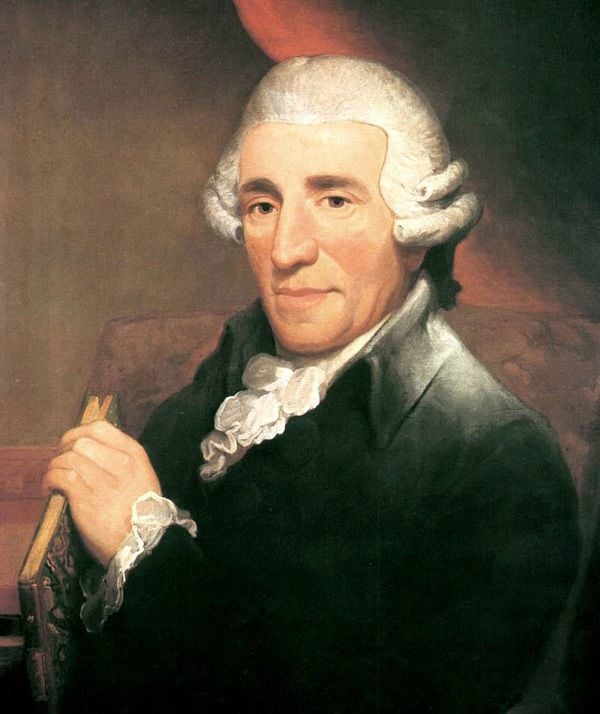

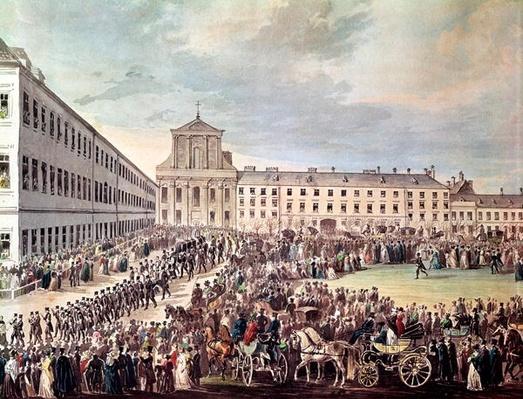


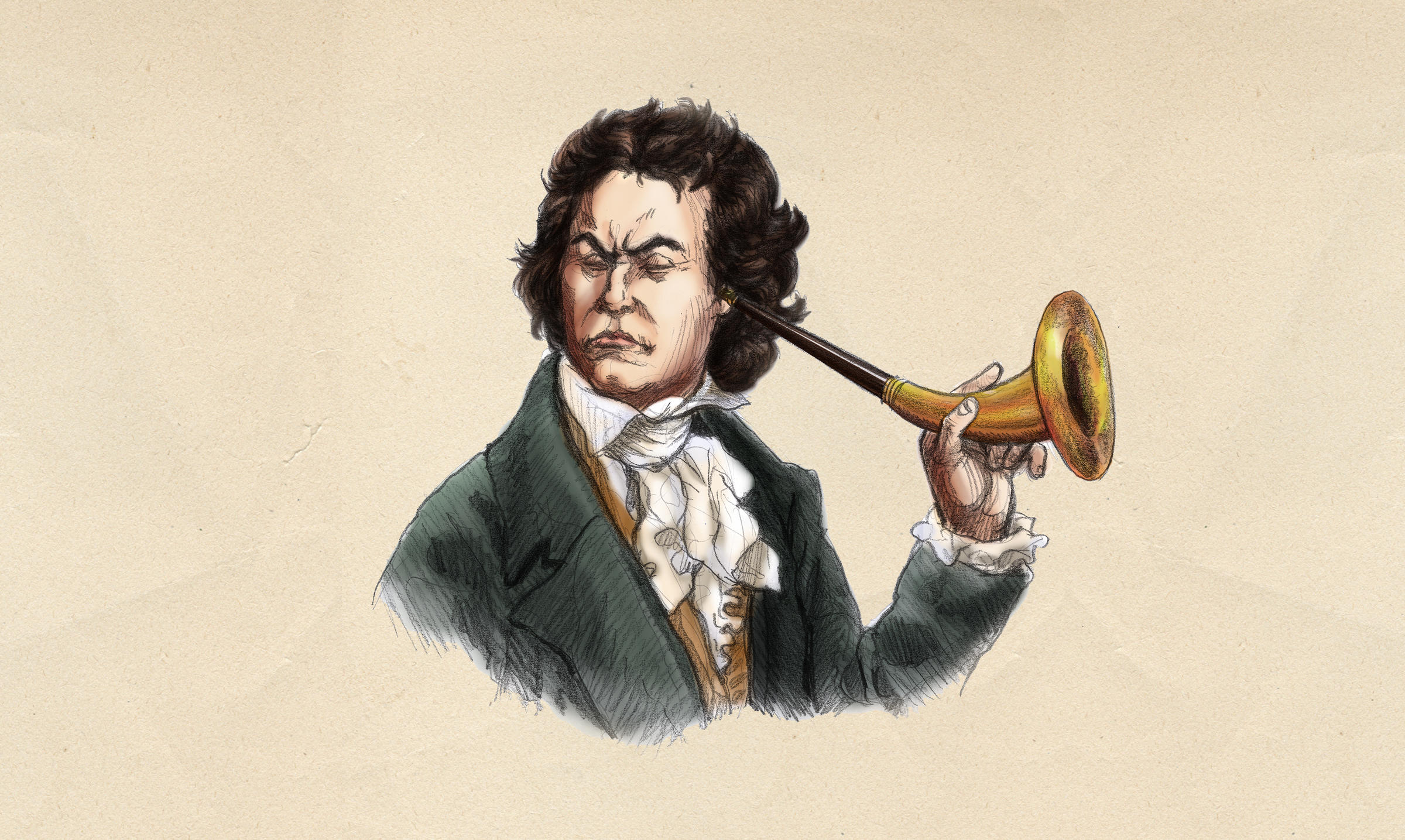


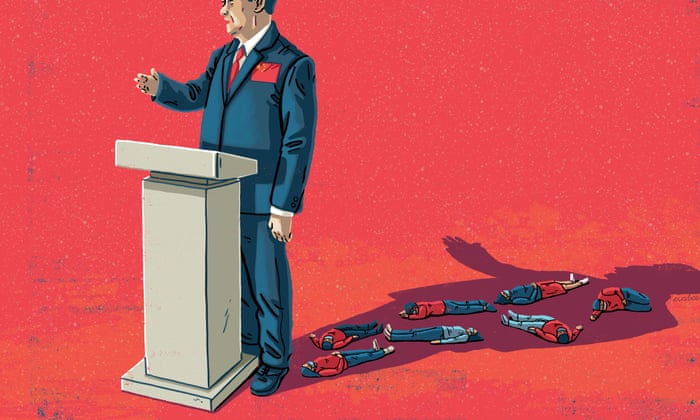

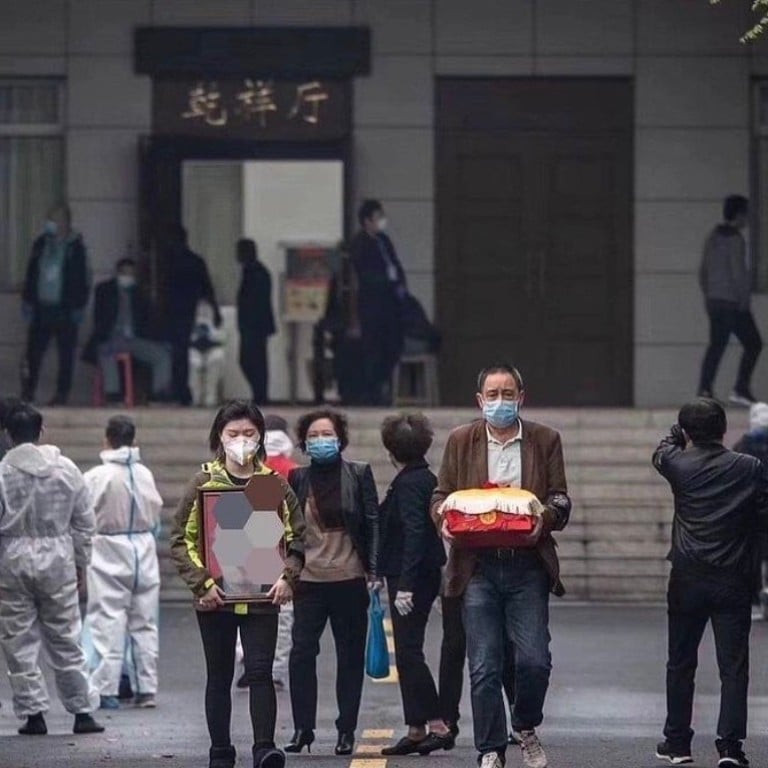


/arc-anglerfish-arc2-prod-infobae.s3.amazonaws.com/public/ZQI6JYMI7ZCVDBVOZLK3Z3LGLU.jpg)




/arc-anglerfish-arc2-prod-infobae.s3.amazonaws.com/public/GYRS2UEHKJEPNDRLCKHARR54LU.jpg)
/arc-anglerfish-arc2-prod-infobae.s3.amazonaws.com/public/6WKLFLFHR5GBXMFJOI5UFR7ZQ4.jpg)



